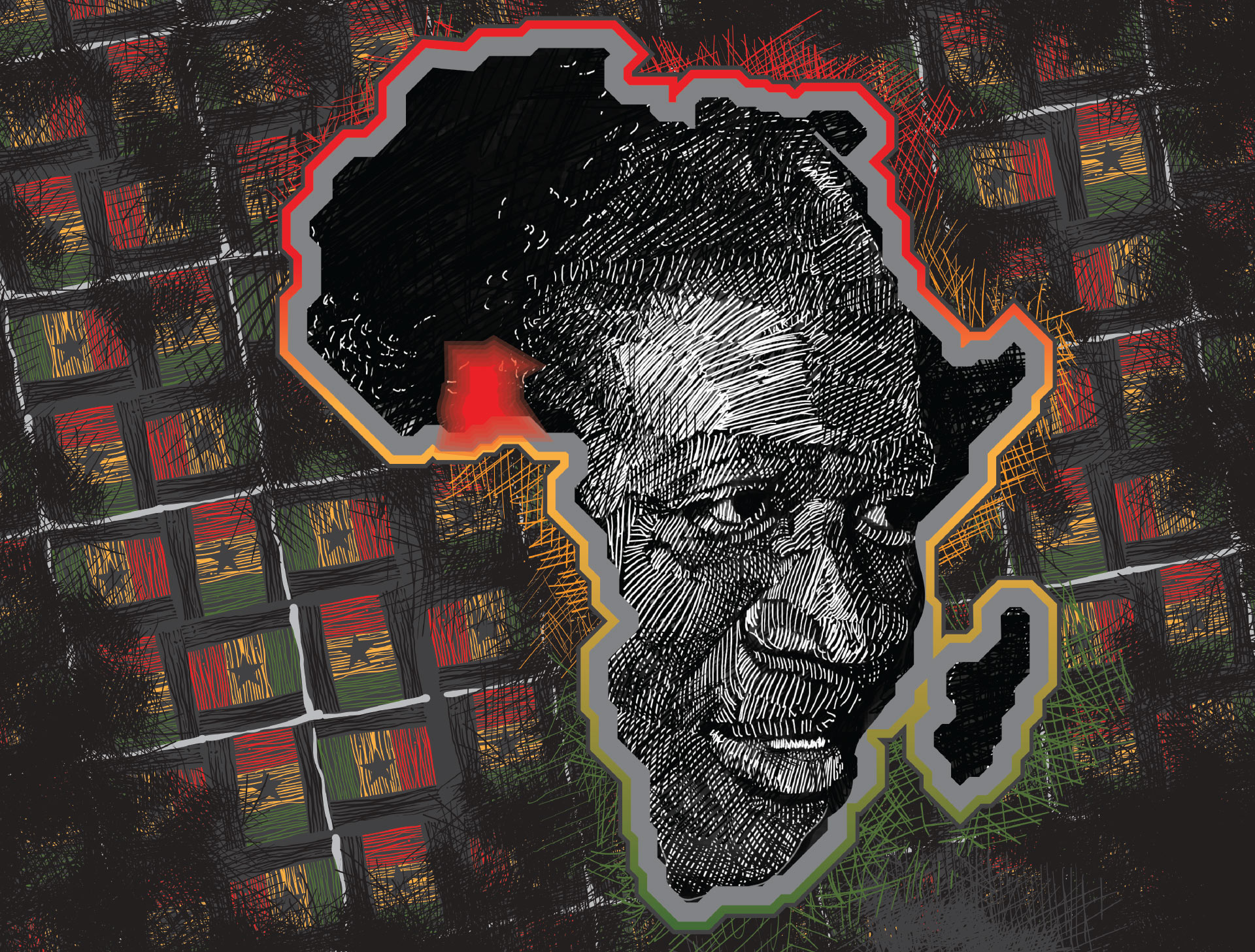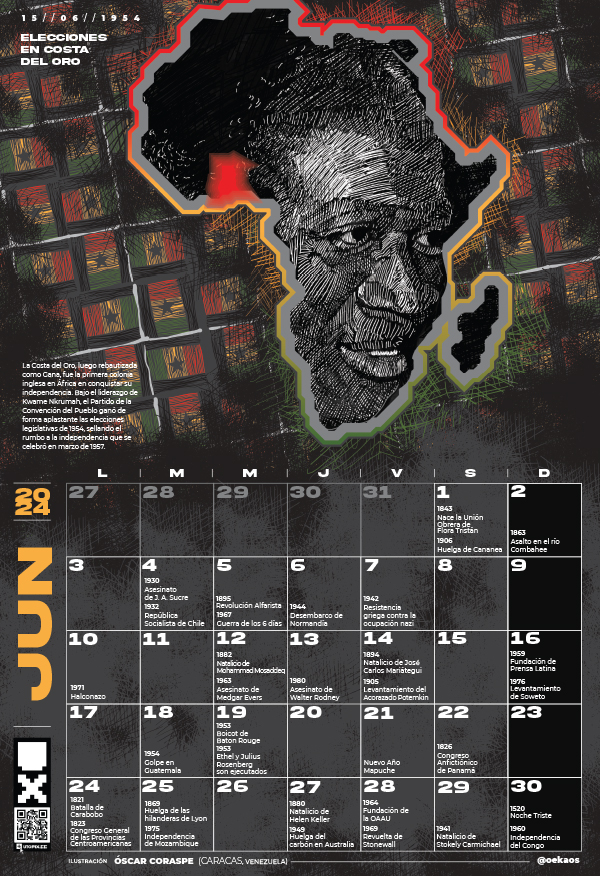ESP – ENG

The Gold Coast, later renamed Ghana, was the first country in sub-Saharan Africa to achieve its independence from colonialism.
Ghana had been a rebellious territory for the occupying United Kingdom. There were four so-called Anglo-Ashanti wars in the XIX century before the British finally established control. However, the nationalist feeling kept growing, especially after World War II.
A number of pro-independence forces emerged, and chief among them was the Convention People’s Party (CPP) led by Kwame Nkrumah. Principled, charismatic and with appealing proposals rooted in Pan-Africanism, Nkrumah connected with the popular masses to drive the country towards independence.
The United Kingdom tried to reassert control by offering some concessions and reforming the political system in the colony, but the tide was irreversible. The 1954 general election gave the clearest of signs, with Nkrumah’s CPP securing 72 out of 104 seats in a legislative body with limited powers.
The decisive victory forced the British to negotiate an independence date, and Ghana became an independent state on March 6, 1957.
This historic achievement opened the floodgates for African emancipation, with Ghana becoming an inspiration and a key ally for other liberation struggles throughout the continent. Nkrumah was likewise a tireless driver of African unity, leading the efforts to establish the Organization of African Unity (OAU) in 1963.

Click here to download the printable version of the calendar and hang it on your wall.
Text: Ricardo Vaz. Artwork: Óscar Coraspe.